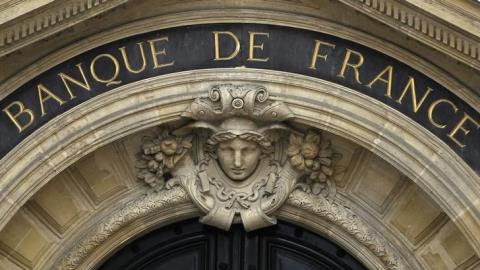While quantum computing is expected to open a host of possibilities for the financial services industry, it is also likely to provide new opportunities for crooks. This month, the DTCC published a white paper warning that quantum computing could “create significant new risks for financial firms by making even the most highly protected computer systems vulnerable to hacking”.
In an effort to keep ahead of the hackers, the French central bank has been working with Cryptonext Security on an experimental project to test a communication security solution using so-called “post-quantum” algorithms that are resistant to the power of future quantum computers.
The bank implemented, in a completely operational chain, a library of “quantum robust” algorithms for totally secured data exchanges.
The successful test was able to prove the capacity of these post-quantum algorithms to integrate into its information system in a hybrid logic, in accordance with the recommendations of the French and international information security authorities, says a statement.
Valérie Fasquelle, deputy general director, Banque de France DGIS, says: “Through the successful implementation of post-quantum algorithms, the Banque de France demonstrates its ability to master new encryption technologies to stay state of the art in the security of its communications in the face of the security risks that quantum computing could pose in the future.”,The Banque de France has been experimenting with “post-quantum” security technologies as it bids to prepare for a world where quantum computing leaves current IT systems vulnerable to hacks.,









